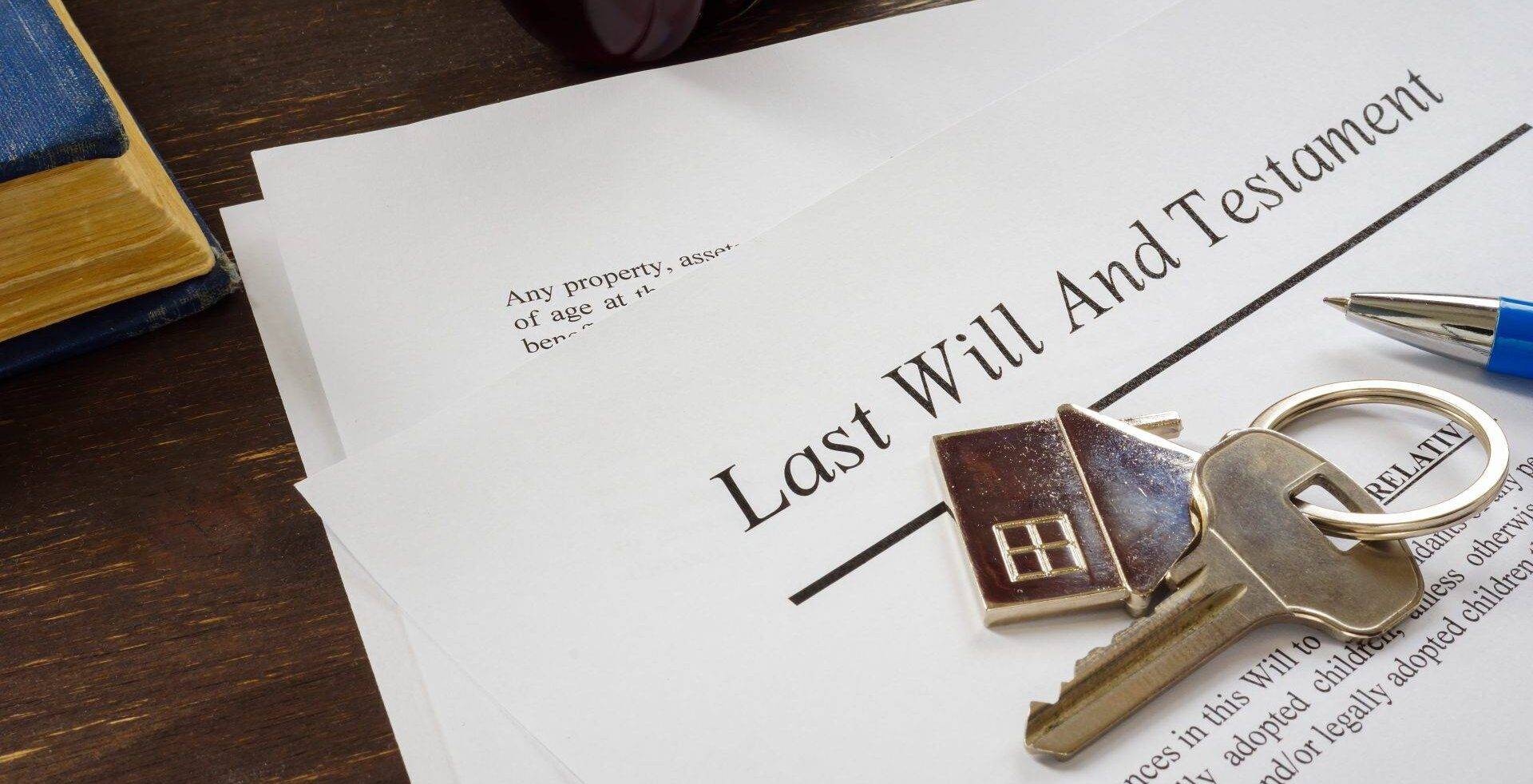Dunbabin v Dunbabin [2022] EWHC 389
Case summary
In this case, the Court had to determine whether the beneficial joint tenancy of a property was severed before the parties’ Mother passed away. If severed, the right of survivorship would not apply and the Mother’s distinct half share of the property would be inherited by those directed in her Will, rather than her late Husband’s Will when he died.
In this case, the deceased and her Husband were married for more than 60 years and had four sons. When they bought the unregistered property in 1983, the legal title was put in their joint names but no express indication as to whether they held the beneficial interest as joint tenants too or as tenants in common.
The crucial difference is that in a beneficial joint tenancy the parties own the whole property together, and when one of the owners dies the survivor retains the full ownership. Where there is a tenancy in common, however, the parties own specific shares of the property which pass into their estate when they die.
The parents made mirror Wills which appointed each other as the executor with two of their sons as replacement executors and the family home to be held on Trust for the survivor to live in for as long as they wanted or needed to, before it would be inherited by their four sons in equal shares.
In their later years, the parents both moved into a care home. The Mother passed away first and her Husband made a new Will. This time, the Father’s Will appointed only one son as sole executor, giving him 75% of the residuary estate, with the other three sons sharing the remaining 25%. The Court heard how the Father recognised the efforts which the favoured son (the Defendant in the case) had put into looking after his parents in their final years with his new Will.
Due to the changes in the Father’s new Will, the difference in inheritance in relation to the £500,000 property for the four sons would be as follows:
If the property beneficial ownership was not severed:
- £375,000 to the Defendant, £41,666 to each of the other three sons (Claimants).
In the property beneficial ownership was severed:
- £250,000 to the Defendant, £83,333 to each of the other three sons.
The Claimants argued that his parents had already severed the joint tenancy in one of the three ways:
- By notice under s36(2) of the Law of Property Act 1925 (but that the notice was lost);
- By agreement (to be inferred from their mirror Wills that treated the property ownership as already having been severed; and
- Mutual course of dealing.
The Will writer gave evidence that a notice of severance was executed and that the parents were keen to protect the property from care fees.
The wording of the mirrored Wills would seek to give away “my share” of the property, and even the Father’s new later Will sought to deal with “my share of the property”. The mirror Wills were accompanied with an explanatory letter, referring to “half of the house” going to the four sons on the first death, and the survivor keeping whatever is left, rather than taking the whole by survivorship.
The Court was more than satisfied that on the balance of probabilities the parents, in accordance to all three grounds listed above, did agree, at about the time of making the mirror Wills, to sever the beneficial joint tenancy in their property.
How can we help?
If you have any questions concerning the subjects discussed in this article, please do not hesitate to a member of our Dispute Resolution team in Derby, Leicester, or Nottingham who will be able to assist.
Please call 0800 024 1976 or contact us via our online form.
Contact us
If this article relates to a specific case/cases, please note that the facts of this case/cases are correct at the time of writing.


